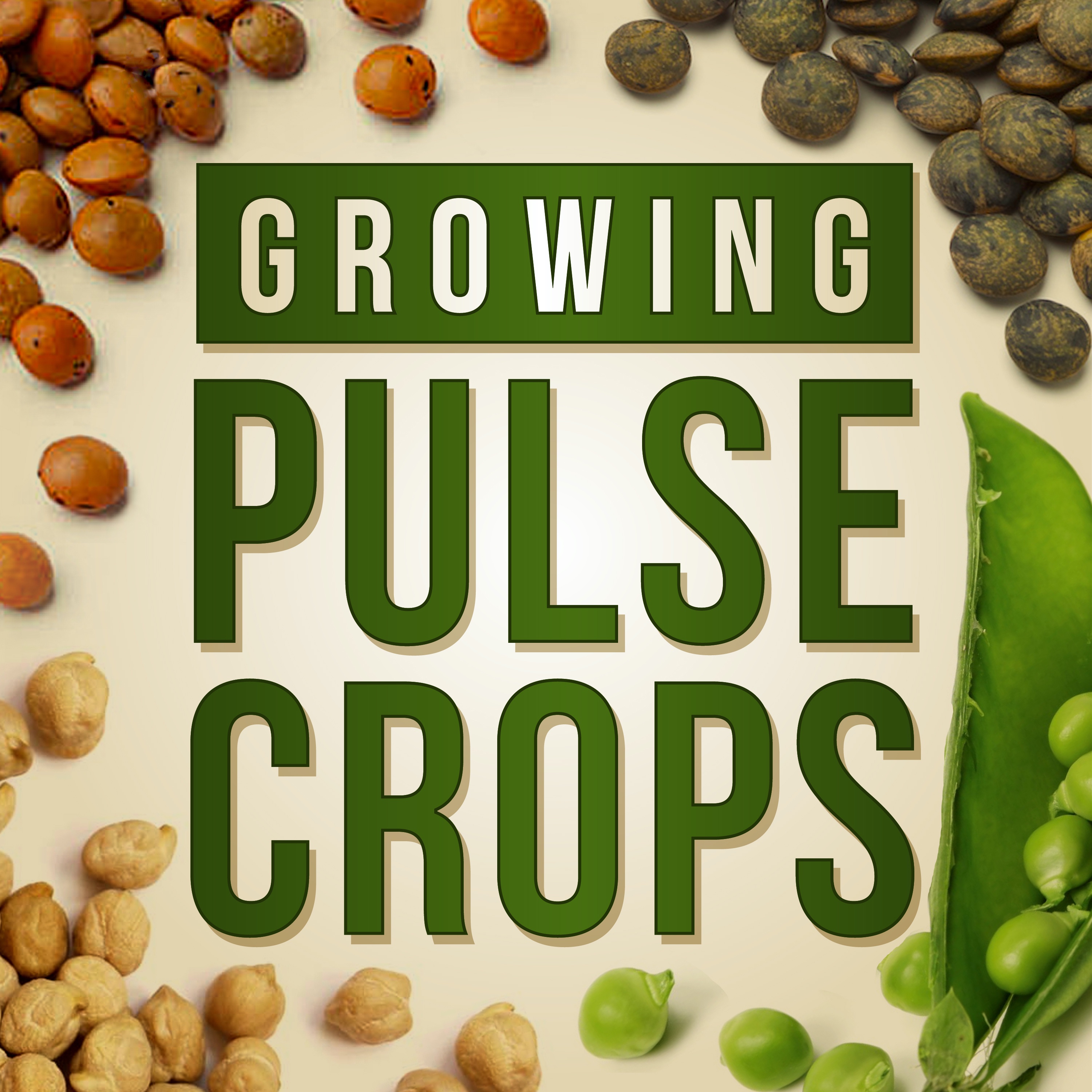Testing for Soil Pathogens and Rhizobia With Alan McKay, Ph.D.
Dr. Alan McKay joins us all the way from Australia, to talk about some exciting work they are doing to measure various soil microbes including pathogens and beneficial rhizobia.
Dr McKay is the Leader of the Soil Biology and Molecular Diagnostics group at the South Australian Research and Development Institute (SARDI). He is committed to not only studying soil-borne diseases and other aspects of soil biology, but also developing tools for growers to manage this biology in their operations. He has played a major role in the development of the PREDICTA® B soil analysis technology, which is now recognised internationally for its capacity to accurately identify and measure soil pathogens, as well as the nutrition status of soils. We’re going to talk a lot more about this technology in today’s episode.
“The thing we’re doing now with the PREDICTA® B technology is starting to look at some of the beneficial organisms. So rhizobium for pulses...which is the rhizobia that modulate lentils, field pea and fava bean. Then using that we launched it as a provisional service just in South Australia and Victoria this year to identify paddocks where you don't need to inoculate the pulse crop. In Australia, the growers don't like applying their innoculates to the pulse crops. Most reliable methods have to be done just before seeding them and it's a task they prefer not to do. So we think this is going to work pretty well.” - Dr. Alan McKay
After sampling 850 paddocks they have identified 400 species to allow his group to map the growth of pathogens across the country. One unexpected discovery was that prior to this survey it was assumed there was one Phytophthora species with the potential for causing major harm to pulse crops. Now they have identified three separate species and can better isolate their locality and the tools to better identify them. At the moment, they are focusing on identifying more common pathogens going forward that, while not as catastrophic as Phtyophtora, can reduce yield by up to 20% and are therefore also significant.
“PREDICTA® B is a collection of what we call qPCR tests.” Dr McKay remarks that it is easy to quality control, scalable and offers great insight for growers and researchers alike. Currently the majority of their testing has focused on cereal crops but they are readily expanding into pulse crops.
“The potential now with pulses is that we could look at packaging tests for key pathogens and the rhizobium and identify whether a paddock is a good option for that crop and whether you need to inoculate.” - Dr. McKay
This Week on Growing Pulse Crops:
- Meet Dr. Alan McKay the Leader of the Soil Biology and Molecular Diagnostics group at the South Australian Research and Development Institute (SARDI).
- Discover the progress his efforts and research are accomplishing in supporting pulse growers in Australia using DNA technologies like PREDICTA® B
- Learn the benefits to this line of technology and the advantages it can provide to producers in inputs, variety selection and for monitoring of pathogen spread
Growing Pulse Crops Podcast is hosted by Tim Hammerich of the Future of Agriculture Podcast.

